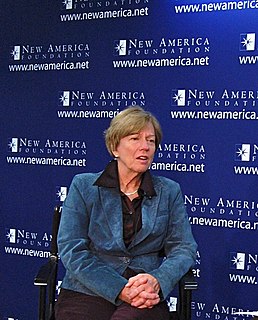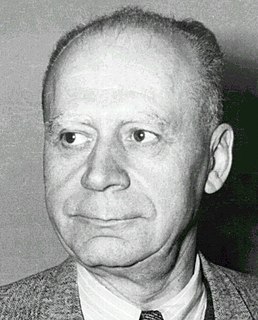A Quote by Samuel Johnson
Pleasure is very seldom found where it is sought. Our brightest blazes of gladness are commonly kindled by unexpected sparks. The flowers which scatter their odours from time to time in the paths of life, grow up without culture from seeds scattered by chance.
Related Quotes
Early in life, when I first saw waterlilies on the ripples of a lake, I didn't think they were flowers which grew from the water, but rather flowers which were mirrored from the shore into the lake. So many flowers grow in the silent waters of our souls, and they unfold their petals over the glaze of our consciousness: they grow from within us, but we think them reflections from the external world.
But there are spirits of a yet more liberal culture, to whom no simplicity is barren. There are not only stately pines, but fragile flowers, like the orchises, commonly described as too delicate for cultivation, which derive their nutriment from the crudest mass of peat. These remind us, that, not only for strength, but for beauty, the poet must, from time to time, travel the logger's path and the Indian's trail, to drink at some new and more bracing fountain of the Muses, far in the recesses of the wilderness.
Pain and pleasure, good and evil, come to us from unexpected sources. It is not there where we have gathered up our brightest hopes, that the dawn of happiness breaks. It is not there where we have glanced our eye with affright, that we find the deadliest gloom. What should this teach us? To bow to the great and only Source of light, and live humbly and with confiding resignation.
In our whole life melody the music is broken off here and there by rests, and we foolishly think we have come to the end of time. God sends a time of forced leisure, a time of sickness and disappointed plans, and makes a sudden pause in the hymns of our lives, and we lament that our voice must be silent and our part missing in the music which ever goes up to the ear of our Creator. Not without design does God write the music of our lives. Be it ours to learn the time and not be dismayed at the rests. If we look up, God will beat the time for us.
Our role as gardeners is to choose, plant and tend the best seeds within the garden of our consciousness. Learning to look deeply at our consciousness is our greatest gift and our greatest need, for there lie the seeds of suffering and of love, the very roots of our being, of who we are. Mindfulness...is the guide and the practice by which we learn how to use the seeds of suffering to nourish the seeds of love.




































